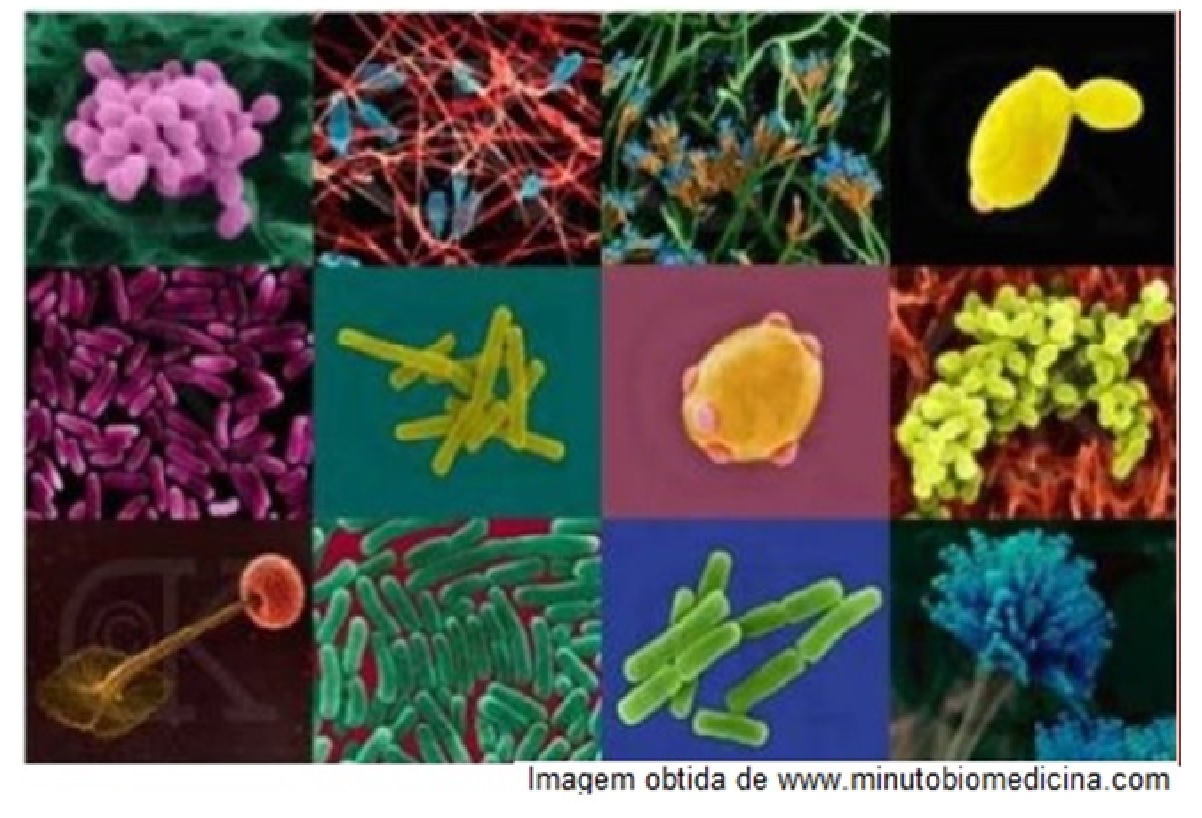Researcher at FCFRP-USP established the first line of research in Brazil for studies of chemical mediators in processes of symbiosis insect-bacteria-fungi.
Professor Mônica Tallarico Pupo, from the School of Pharmaceutical Sciences of Ribeirão Preto of USP, is one of the leading Brazilian specialists in natural product chemistry. She coordinates the Laboratory of Chemistry in Microorganisms (LQMo), where his research group seeks to understand the chemical interactions between symbiotic microorganisms and hosts like some plants and social insects. She will be one of the speakers at the 41st Annual Meeting of the SBQ, which will be held from May 21 to 24, 2018, in Foz do Iguaçu.
“The interaction of microorganisms with other living organisms can take place in several ways, including ‘chemical talk’, in which organic compounds produced by microorganisms can positively impact hosts that harbor them. However, these interactions occurring in nature are still poorly understood, ” says Professor Mônica.

“At this conference I’ll show you how our research group has worked to understand these interactions. Knowledge about the chemical communication involved is important to understanding the symbiotic interactions that occur in nature (Chemical Ecology) – which contributes to our greater understanding of the interdependence between species and for preservation of biodiversity. As the ecological function of organic compounds is established, it is possible to more rationally direct their possible biotechnological applications in the pharmaceutical and agrochemical areas,” she explains.
“I’m very happy for the invitation. SBQ plays a fundamental role in the discussion of science and science policies in Brazil, and the SBQ Annual Meeting was the first national scientific event I attended during the postgraduate course,” says the professor. “The RAs allowed me to meet researchers from the Natural Products, Organic Chemistry and Medicinal Chemistry divisions, enabling new scientific collaborations, and have always been important for spreading our work.”
“Professor Monica Pupo established the first line of research in Brazil for the study of chemical mediators acting on processes of symbiosis insect-bacteria-fungi,” says Professor Roberto Berlinck (IQSC-USP), director of SBQ’s Natural Products Division, responsible for the SBQ’s invitation to the Professor Pupo. “In addition to the importance of understanding intrinsic aspects of these relations mediated by chemical flags, Professor Monica’s project also aims to discover substances produced by bacteria that have antibiotic and anti-parasitic activity. They are groups of diseases that currently require the discovery of new drug models, due to the low number of effective medicines available for the treatment of these diseases, “says Berlinck.
The research group at LQMo counts on post-doctoral students, PhD students, graduate students, students of scientific initiation and technicians, and maintains scientific collaboration with several groups in Brazil and in the USA. Currently Professor Monica coordinates, together with Professor Jon Clardy of Harvard Medical School, the first International Cooperative Biodiversity Group (ICBG) in Brazil, funded by FAPESP and FIC-NIH (Fogarty International Center-National Institutes of Health). She is also an associate researcher at CEPID-CIBFar (Center for Research and Innovation in Biodiversity and Drug Discovery), coordinated by Prof. Glaucius Oliva of IFSC-USP.
“Our work contributes to increase knowledge about this Brazilian biodiversity, one of the largest on the planet. We have collected material in the main Brazilian biomes for the mentioned studies, which allows a mapping of the chemical diversity involved in these interactions in different regions,” says Proessor Mônica. “Collaboration is essential to the themes of study are to be addressed more broadly. We use modern techniques for research, including various chromatographic methods and physico-chemical methods for the determination of chemical structures of organic compounds (Nuclear Magnetic Resonance, Mass Spectrometry , Circular Dichroism, etc.). Microbiological methods are routinely used in our studies, including several experiments of microbial co-cultures. Sequencing of complete genomes of symbiotic bacteria has also been carried out to better understand the biosynthetic potential encoded by these microorganisms. The connection of all results allows a broader understanding of the function of natural microbial products.”
In addition to the conference of by Professor Mônica Tallarico Pupo at the 41st RASBQ, SBQ’s Natural Products Division will have a joint thematic session with the Organic and Medicinal divisions entitled “Chemistry of Life: From Cell to Reactor.” In the case of the Natural Products Division, the guest speaker is Professor Gregory Challis of the University of Warwick (UK).
A question for Professor Mônica Tallarico Pupo:
How did your charm for science come about?
As for most researchers, my fascination with science began even in childhood, with curiosity in understanding natural phenomena. However, it was during the undergraduate course at FCFRP-USP that it became evident that this would be my professional path, with an emphasis on Organic Chemistry. The Post-Graduation in DQ-UFSCar consolidated my fascination for the area of Natural Products. The two post-doctoral stages (IFSC-USP and Harvard Medical School) allowed a broadening of horizons in research, integrating Chemistry and Biology to understand the functions and applications of Natural Products. Currently, the main interest of my research group is to understand the role of natural products in the interactions between different species (interspecific interactions) and to use this knowledge to contribute with strategies to preserve Biodiversity and to enable sustainable applications of the genetic resources of the country.
A question for Professor Roberto Berlinck:
Brazil, for its varied and rich biomes, is a great incentive to research with natural products chemistry. How do you evaluate the progress of this area of chemistry in recent years, and what are the future prospects?
The chemistry of natural products is undergoing a process of transformation in Brazil. Many researchers and students are acquiring knowledge and developing modern scientific approaches that make use of so-called “omics” tools, such as metabolomics, and metagenomics, proteomics, and other “omics”. These tools allow the acquisition of previously unexplored knowledge of living organisms as complex details of the expression of their secondary metabolism, which results in the production and accumulation of natural products. In addition, until the beginning of the 21st century, the chemistry of natural products in Brazil was focused almost exclusively on the research of natural plant products. After almost 20 years, there has been a significant diversification in the investigation of different sources of natural products, such as microorganisms and marine organisms.
In parallel, the chemistry of natural products has also become a more expensive science. It is necessary to make use of more expensive equipment, solvents of a much higher degree of purity and chemical reagents that do not exist in Brazil, mainly in the use of analyzes by tools of molecular biology. If, on the one hand, these changes in natural product chemistry research will lead to research in this area to another level, it will certainly require an even better training of students and continuous improvement of professionals working in this area.
Finally, good scientific journals of natural products are increasingly demanding in the selection of scientific articles. Some journals require interdisciplinary work in chemistry and pharmacology, for example. Others require a very great degree of novelty of results. Projects involving different specialties, such as natural products, organic synthesis, pharmacology, microbiology, molecular biology, biology, biochemistry, are highly valued by the best chemistry journals. They are more complex jobs, which require more development time, challenging questions to answer and very different results.
The future of the chemistry of natural products in Brazil will depend on a great effort of its researchers to develop projects that include the above mentioned aspects, so that it can be internationally competitive. These and other current and future aspects of the chemistry of natural products in Brazil were recently discussed in an article published in the journal Química Nova of the members of the Division of Natural Products and with the collaboration of Professor Paulo Cezar Vieira of UFSCar – Federal University of São Carlos. (http://www.scielo.br/pdf/qn/v40n6/0100-4042-qn-40-06-0706.pdf).
Five relevant publications:
“Chemical signaling involved in plant-microbe interactions”, F.O. Chagas, R.C. Pessotti, A.M. Caraballo-Rodriguez, M.T. Pupo, Chemical Society Reviews 2018, in press.
“Molecular inter-kingdom interactions of endophytes isolated from Lychnophora ericoides”, A.M. Caraballo-Rodriguez, P.C. Dorrestein, M.T. Pupo, Scientific Reports 2017, 7, 5373.
“Expanding the Chemical Repertoire of the Endophyte Streptomyces albospinus RLe7 Reveals Amphotericin B as an Inducer of a Fungal Phenotype”, F.O. Chagas, A.M. Caraballo-Rodriguez, P. Dorrestein, M.T. Pupo, Journal of Natural Products 2017, 80, 1302-1309.
“Microbial Symbionts of Insects are the Focus of the First International Cooperative Biodiversity Group (ICBG) in Brazil”, M.T. Pupo, C.R. Currie, J. Clardy, Journal of the Brazilian Chemical Society 2017, 28, 393-401.
“Terrestrial Microbial Natural Products Discovery Guided by Symbiotic Interactions and Revealed by Advanced Analytical Methods”, R.C. Pessotti, A.M. Caraballo-Rodriguez, H.E. Ortega-Domínguez, M.T. Pupo, Chapter 5. In: Chemical Biology of Natural Products. Newman, D. J.; Cragg, G.; Grothaus, P. (Eds.), CRC Press, 2017, p. 161-188.
Text by Mario Henrique Viana (Assessoria de Imprensa da SBQ)





